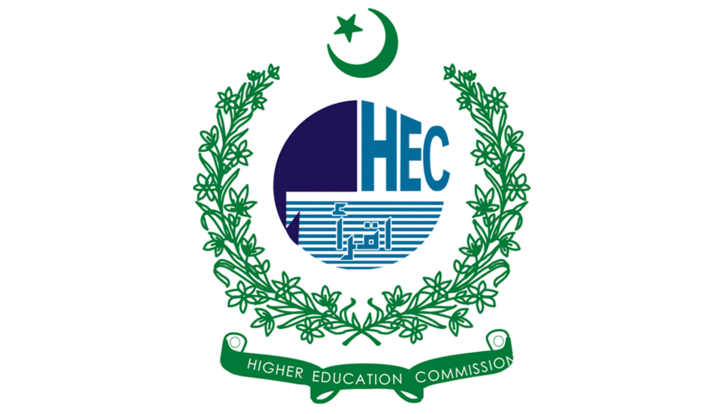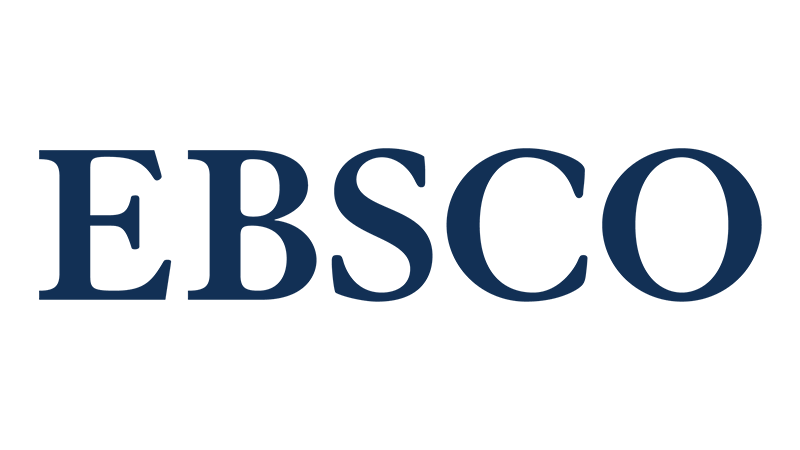
Abstract
This study aims to develop a model based on social exchange theory (SET) to elucidate the influence of green human resource management (GHRM) on employee on-the-job, off-the-job, and green innovative work behaviors (GIWB). Drawing from the job demand resource model and SET, the study proposes that green work engagement (GWE) mediates the relationship between GHRM work behaviors. A self-administered survey was conducted among 168 employees within higher education institutions in Pakistan to gather data. The primary statistical analysis employed partial least squares structural equation modeling to test the research hypotheses. The results indicate that GHRM significantly predicts employees' green behaviors both at work and away from work, as well as their GIWB. Furthermore, the study demonstrates that GWE plays a significant mediating role in explaining the relationship between GHRM and the aforementioned work behaviors. The findings offer valuable insights for policymakers in higher education institutions on the potential of GHRM to enhance employees' environmental performance. This study contributes to the understanding of GHRM by expanding its scope and addressing knowledge gaps, particularly in higher education settings. Moreover, it highlights the role of GWE as a mediator in improving GIWB through GHRM initiatives.
Keywords
Higher Education, Green, Innovative Work Behaviors, Green Human Resource Management, Green Work Engagement, in-role Green Behaviors
DOI
10.54784/1990-6587.1579
Journal of Economic Literature Subject Codes
M21, M5
Creative Commons License

This work is licensed under a Creative Commons Attribution 4.0 International License.
Recommended Citation
Larik, K. A., Mangi, M., & Ahmed, S. I. (2024). Green Initiatives in Pakistani Universities: Nexus among Human Resource Practices, Employee Environment Behavior, and Innovative Work with Mediating Role of Work Engagement in Pakistani Universities. Business Review, 19(1), 68-86. Retrieved from 10.54784/1990-6587.1579
Submitted
June 14, 2023
Revised
May 19, 2024
Accepted
June 24, 2024
Published
August 16, 2024
Included in
Publication Stage
Online First










